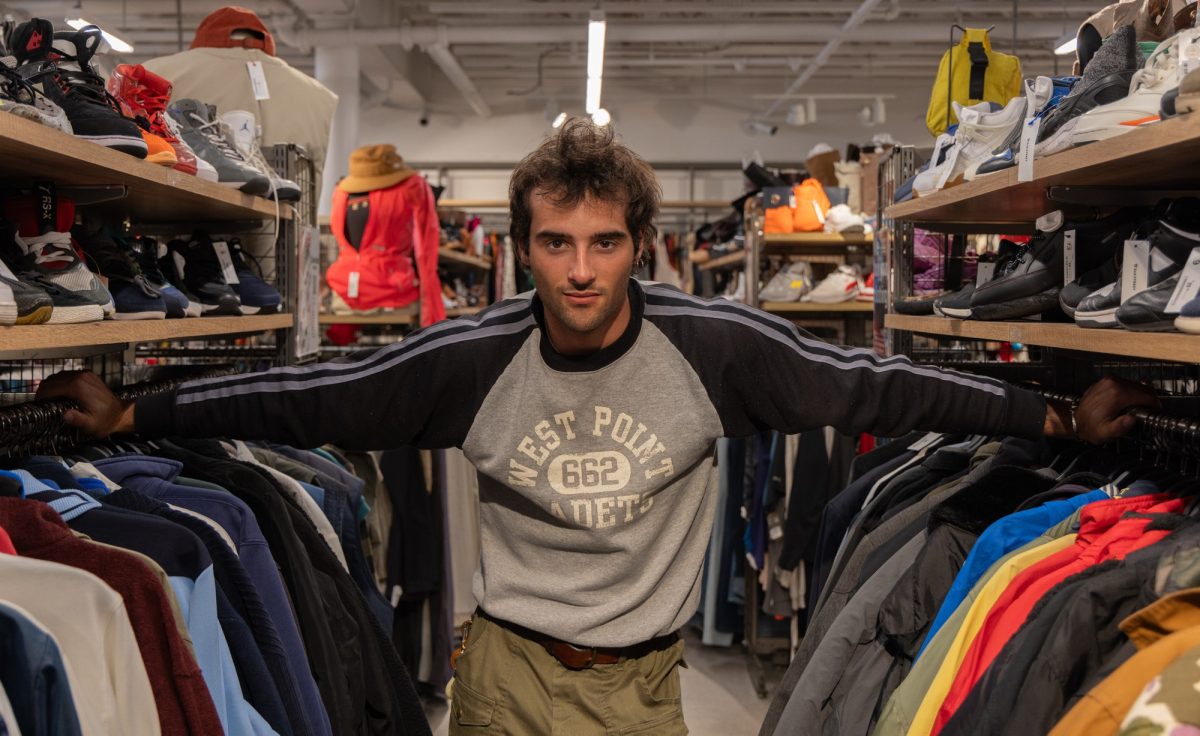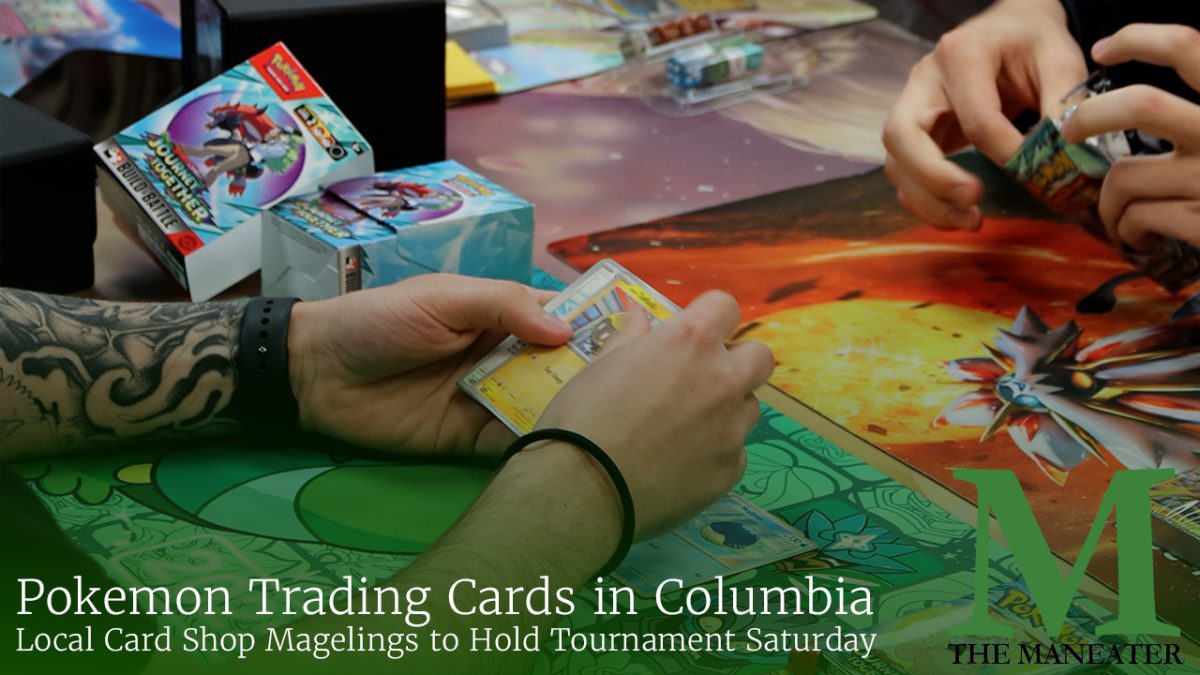From wearing pink and crying while watching Greta Gerwig’s “Barbie” to combining random ingredients on paper plates to make “girl dinners” to trading friendship bracelets in honor of Taylor Swift’s Eras Tour — it was a “girl summer” for women of all ages.
It was cool to be a girl, but now I can’t help but wonder if it was all just another trend that will inevitably expire. More importantly, I wonder about the underlying implications behind the “girly” rhetoric.
The Trends
First, it was the “clean girl aesthetic” that involved elaborate early-morning routines, pilates and no-makeup-makeup-looks. This trend was about self-care and protecting your peace, but it’s been criticized for being classist, ageist, fatphobic and racist as most “clean girls” are white and wealthy. The trend has received criticism for culturally appropriating Black and Latinx women, who are often criticized for wearing the same slicked-back hairstyles, lipgloss and simple hoop earrings for which white women participants in the trend were celebrated
Then Alix Earle took the internet by storm, and the “messy girl aesthetic” was born. This trend, which included chaotic party-girls and a return of late ‘90s and early 2000s styles, was ultimately the antithesis of its predecessor and problematic in its own ways as it promoted binge-drinking and not prioritizing health or safety.
“Girl dinner” then took to the scene with videos of girls assembling plates of random, incompatible foods, such as dark chocolate and cottage cheese, and calling it their dinner. This trend was admittedly well-intentioned at the start, as it debunked the idea that women are meant to dedicate hours of their time preparing classic dinners. However, it took an ugly turn when the dinners evolved into women showing off how few calories they were consuming in their nutrient-deficient girl dinners.
Soon after, a TikTok trend called “girl math” appeared. An example of girl math is a girl returning an item to a clothing store and, in her head, thinking she profited from the return. Another example would be using the Starbucks app to pay for her drink and attributing it as a free drink. The trend usually involves a woman explaining her girl math to a man and seeing his reaction to her logical fallacies. This trend leans into the age-old trope that women cannot do math or be trusted with money — hilarious.
The trend that felt the most prominent online was showing off all different eras of one’s life. Stemming from Swift’s Eras Tour, girls would highlight their clean girl era, single girl era, messy girl era, healthy girl era, etc.
As I scrolled past era after era, I began to feel sick as a question caught in my throat–– why do women feel the need to constantly reinvent themselves?
Constant Reinvention
Growing up, I watched as Swift went from era to era, changing her appearance depending on the aesthetic of each phase. Simultaneously, I witnessed my mother go from era to era. She would dye her hair and change her style, reinventing herself as she aged. In part, I think it was a symptom of growing into womanhood for both Swift and my mom, but it was also an attempt to stay interesting to the people around them. They were evolving to survive.
Conversely, my father wears the same Villanova Rugby T-shirts he owned in college and switches between his two classic navy and black suits when the rare occasion calls for it. Bruce Springsteen is now 74 years old, and like most male musicians, has never changed his classic denim, white-T-shirt style.
I attribute this phenomenon to society’s overemphasis on women’s physical appearance — amplified by an increased use of social media platforms — causing an over-engagement in trends.
Many look to Emma Chamberlain — former Youtube personality and current business owner, influencer and model — as exemplifying this concept of having “eras,” as she’s seemingly changed her appearance and “vibe” multiple times during her online career. But Chamberlain could not be more against this phenomenon, as she describes “the obsession with having an aesthetic” on her podcast “Anything Goes.”
“Our identities as human beings are not just confined to our physical being,” Chamberlain said. “They are a combination of our online presence and our physical presence.”
Later in the episode, she explained how our ability to showcase only one aspect of identity for a cohesive online aesthetic carries over negatively into our real lives when we try — and inevitably fail — to exist as that one chosen piece of our identity.
When we crack under our self-imposed pressure, we make a drastic change in our appearance and begin the pointless cycle all over again.
The Terrible Truth
In a study by Pew Research Center, 35% of women reported that physical attractiveness was what society values the most in women, whereas only 11% of men mentioned physical attractiveness in the same study.
In another 2023 study, it was found that women are more likely to use social media platforms such as Pinterest, Instagram and Facebook. Additionally, Tiktok was more popular with women than men. These apps give personal users platforms to share photos of themselves or their lives. In the same study, it was found that men typically use platforms like Reddit, Digg or Slashdot more than women. These platforms focus on written discussions more than photos.
Women’s more frequent use of personal, photographed platforms combined with longstanding societal standards of female worth contribute to the extremism and short span of female trends.
Right now, it’s cool to lean into stereotypically feminine styles and traits. However, I would recommend that all women lean deeper into their own identities and refrain from minimizing their personalities into one type of “girl” that will slowly fade down their timelines into the abyss of trends long gone and forgotten.
This story was originally published on Old Gold & Black on October 26, 2023.






































